Signs That You Have Dehydrated Skin and How to Manage It
Out of all the magical elixirs we love to explore to get glowy skin and clear T-zones, water undoubtedly tops the list. So, what happens when our skin does not get enough water? Here’s the answer: it practically loses its life.
Dehydrated skin looks dull, feels dull, and leads to bigger skin problems. To tackle it, one must know how to recognize when your skin is lacking this magical elixir of life, and we are here to tell you all about it.

What is Dehydrated Skin?
To understand what dehydrated skin is, one must first explore the meaning of the word dehydration. Dehydration is a physiological condition that occurs when your body uses up or loses more water content than it takes in (via food and drinks). When this happens, your organs, whose functioning depends on fluids, are unable to work optimally because of the lack of water. The skin itself is a sense organ that is highly dependent on water for its optimal health.
As is the case with our bodies, our skin is made up of about 70% water. Out of this water content, 20% to 30% water is supposed to stay in the dermis (uppermost skin layers) for maximized skin health. However, certain factors can lead to a loss of water content from your skin. For example, cold dry air can lead to the evaporation of water from your skin layers to the atmosphere. Such factors lead to a skin condition we call dehydrated skin. This can also be caused by bad lifestyle choices like poor diet and not drinking enough water.
Dehydrated skin is characterized by: -
- a dull appearance of your skin, along with
- a lack of elasticity, which makes it prone to infections
- Itchiness
- increased appearance of fine lines, and
- A generally uncomfortable feeling on the skin
Since the cause of dehydrated skin lies in the lack of water content, some symptoms overlap with body dehydration. Therefore, it can accompany symptoms like lethargy, dry throat, and dizziness.
Dry Skin and Dehydrated Skin - The Same Thing?
Many tend to confuse their dehydrated skin for dry skin. While both of these skin conditions have similar outward symptoms, they have different roots. Therefore, if you try to treat your dehydrated skin with dry skin remedies, you are likely to get nowhere.
Dry skin is a permanent skin type, where one’s skin does not produce enough sebum or natural oils. This leads to a flaky and rough texture of the skin. It generally requires lots of topical moisturization, is less elastic, and is relatively harder than “normal” skin. Dry skin cannot be changed, just remedied.
Dehydrated skin is a comparably temporary condition in which a lack of hydration in skin comes to play. It might occur frequently, but it does not make up for a lifelong characteristic of your skin. Drinking enough water, avoiding dehydrating foods, and using humectants are all ways in which you can deal with dehydrated skin. Once dealt with, your skin goes back to its normal state. Here is a list of points that can help you differentiate between dry skin and dehydrated skin: -
- The key difference between the both is that while dehydrated skin lacks water, it is oils that dry skin lacks. Lack of oils and sebum on your skin leads to dry skin symptoms such as scaling, flakes, redness, and irritation. Lack of water on the other hand tends to make your skin look lifeless, feel itchy, make your eyes look sunken, and you can likely physically feel the lack of water content.

- Dry skin is treated by using topical moisturization with thick oils, that make up a protective barrier on the skin while adding moisture to it. This includes substances such as mineral oils (petroleum jelly) and body oils.
- The most effective way to deal with dehydrated skin involves increasing the water content in your body by drinking water and adding water-rich food to your diet. Skincare might be involved, but it tends to have humectants (compounds that attract water to the skin surface) like hyaluronic acid, glycerine, and AHAs.
- Do note that dry skin itself can also be dehydrated, in which case you would need to treat your dehydration first, and then go about dry skin remedies. Dehydration is something that can happen to all skin types.
Signs and symptoms of dehydrated skin
Okay! Now we know what dehydrated skin is. That doesn’t necessarily help us understand if our skin is dehydrated. To identify and treat dehydrated skin, you must track down some obvious signs and symptoms. These symptoms are a means through which your body is trying to send you a message. Here are some to look out for: -
There is a certain loss of radiance in your skin
Water acts as the ultimate fuel for our body, essential for our survival. For the skin, it is the biggest contributor to its beautiful radiance, smoothness, and elasticity.
A lack of water in your skin inevitably will make your skin lose its shine, making it look dull and lifeless. This comes in little signs: a lack of bounce, a lack of softness, a lack of shine, and the appearance of little bumps. Therefore, if your skin looks and feels lifeless, it probably needs a water boost.
Your skin feels itchy and uncomfortable
Ever notice how when you wake up on a chilly morning without having done any skincare during the night, your skin feels sleepy? Or your face sort of hurts when you speak? Both of these things are signs of dehydration. The cold air sucks up the water content from your skin, making it feel itchy and uncomfortable.
This same early morning uncomfortable feeling can come about to you during the day, which may mean that your skin does not have enough water content.
Your eyes look sunken
Yes, dark circles usually occur when you don’t sleep enough. But if you want to avoid eye bags, a lack of water content around your undereye skin is essential to watch out for. Dehydration causes the skin to lose its elasticity, which is why your skin may look deflated, or in this case, look sunken.
All remedies for treating eye bags involve adding hydration to your under eyes because water is responsible for keeping your skin tight. Therefore, if your eyes look tired even after a good night’s sleep, your skin is likely dehydrated.
You notice fine lines on your skin that weren’t there before
Fine lines start to appear on your skin as it loses water, as hydration is key to keeping skin supple and smooth. Think of your skin as being similar to the leaves of a tree. When cold autumn air arrives, it takes away the water from the green of leaves, turning them red, and eventually brown. Soon, they’re as dry as ash.
While the transition of human skin is not as dramatic or poetic, the lack of water dries up your skin such that its smoothness is gone. This in turn makes the creases in your skin more visible than ever. Therefore, noticing lots of fine lines on your skin indicates dehydration.
Your skin feels tight, but there is still oil
Many symptoms of dehydrated skin might feel similar to dry skin symptoms - but this characteristic is surely absent in dry skin. A lack of water content does not necessarily coincide with a lack of oil.
In fact, dehydrated skin tends to overproduce oil. At the same time, your eyes may look sunken and some areas of your skin may be getting itchy and uncomfortable. This is a clear sign that your skin needs a hydration boost. Hydrating your skin when there’s too much oil on it may even reduce excessive sebum to an extent.
Your make-up is getting patchy
When your skin is dehydrated, it tends to get desperate for water. Don’t believe me? Try rubbing a hydrating moisturizer on your arms when they feel dry. You will find that it soaks up the product instantly - just like dry soil soaks up water within seconds.

Similarly, if your skin gets dehydrated during a working day where your face is dolled up, it may try to soak up water from your foundation. This gives your makeup a patchy and dry look, with no fault of the product you have used. Usually, make-up primers tend to be incredibly hydrating to prevent this exact consequence.
Taking care of dehydrated skin
Fortunately, dehydrated skin is not that serious of a skin issue because it can be treated fairly easily. It happens to essentially any person, so try to think of it as your skin being thirsty the way your throat is sometimes. Simple lifestyle modifications can help you manage dehydrated skin.
Drink lots of water
This is an obvious and essential step to getting rid of dehydrated skin. Keep track of how much water you drink in a day, and monitor if it is enough for your body. One way to do this is to monitor the colour of your urine. Light yellow indicates optimal hydration. If it is any darker, drink water. It is generally a good idea to drink at least 8 glasses of water in a day.
Eat water-rich food
Drinking water is not the only gateway to hydration in our bodies. We consume many foods during the day, some of which add to the fluid content while others reduce it. In general, eating fruits is a good idea to maintain good water content in the dermis. Here are some water-rich foods you can add to your daily diet to ensure optimal hydration:
- Cucumbers
- Watermelons
- Tomatoes
- Lettuce
- Mushrooms
- Berries
- Grapes
- Apples
Avoid caffeine and alcohol
Caffeine and alcohol (along with excessive sodium) are the absolute worst enemies of hydration. They increase the consumption of water by your body severely, leading to depleted water content in your skin.
But don’t worry, we are not asking you to completely swear off your beloved morning cup of coffee. You just have to make sure you consume these beverages in moderation while balancing them out with enough fluids.
The right skincare for dehydrated skin
Topical skincare is as essential for dehydrated skin as lifestyle changes are. Often, dehydration may not be an effect of you not having enough fluids, but external factors like cold weather, or too much sweating. If external factors are sucking up the water content in your epidermis, choosing the right skincare could be effective in dealing with dehydrated skin.
Skip harsh scrubs
Exfoliation is certainly very important, especially for oily skin. However, you might want to keep physical exfoliation at a minimum if dehydration is becoming a problem. Excessive scrubbing and polishing might be harsh on your skin. This can have adverse effects because dehydrated skin is delicate. Instead, use mild cleansers - face washes that prefix “hydrating” before them. Chemical exfoliation using AHAs or salicylic acid may also act as a great substitute.

Invest in face/body mists
Funnily enough, dehydrated skin is the one skin problem that unites us all - whether you have dry skin, oily skin, sensitive skin, or combination skin. Fortunately, this has led to the rise of face and body mists in the beauty market, designed specifically to add water to your upper skin layers. They are loaded with humectants and smell amazing. Rose face water mists, for example, could work wonders for your daily dose of skin hydration.
Humectants and more humectants
Humectants refer to substances that are chemically characterized by their ability to attract water wherever they go. Any moisturizer or lotion you use is likely to have lots of humectants. If your body lotion has the word “hydrating” somewhere around its name, you have humectants to thank. The most popular humectants sold by themselves in the beauty industry are hyaluronic acid and glycerine. You can apply these liquids to your skin right after taking a bath, to ensure that your skin is hydrated.
Other humectants to look for in the products you use include: -
- Alpha-hydroxy acids like lactic acid, citric acid, and glycolic acid.
- Natural ingredients like aloe vera and honey.
Seal the hydration!
You can skip this step if you have oily skin. However, for other skin types, hydration itself may not be enough to prevent the loss of water from the epidermis. You see, in certain weather conditions, humectants attract water to the top layers of your skin but this water evaporates into the dry atmosphere, making your skin drier. This can be prevented by the use of occlusives, which are substances (also present in moisturizers) that create a barrier layer over your skin. They effectively prevent water from evaporating into the atmosphere and hold it in your skin.
Do note that occlusives alone are not enough to treat dehydrated skin, as they do not increase the water content. They simply do the sealing after you have hydrated your skin. Some well-known occlusives include:
- Mineral oil or petroleum jelly
- Natural oils like coconut and olive oil
- Shea butter
- Cocoa butter
Final Takeaways
Dehydrated skin is a common and manageable skin problem caused by a lack of water content in upper skin layers. It is not something you need to panic over, but instead, something essential you could look after in the right ways. Unlike dry skin, dehydrated skin can only be treated through the restoration of water content in the upper skin layers. We hope this blog has helped you identify whether or not your skin is dehydrated and further enabled you to manage it.


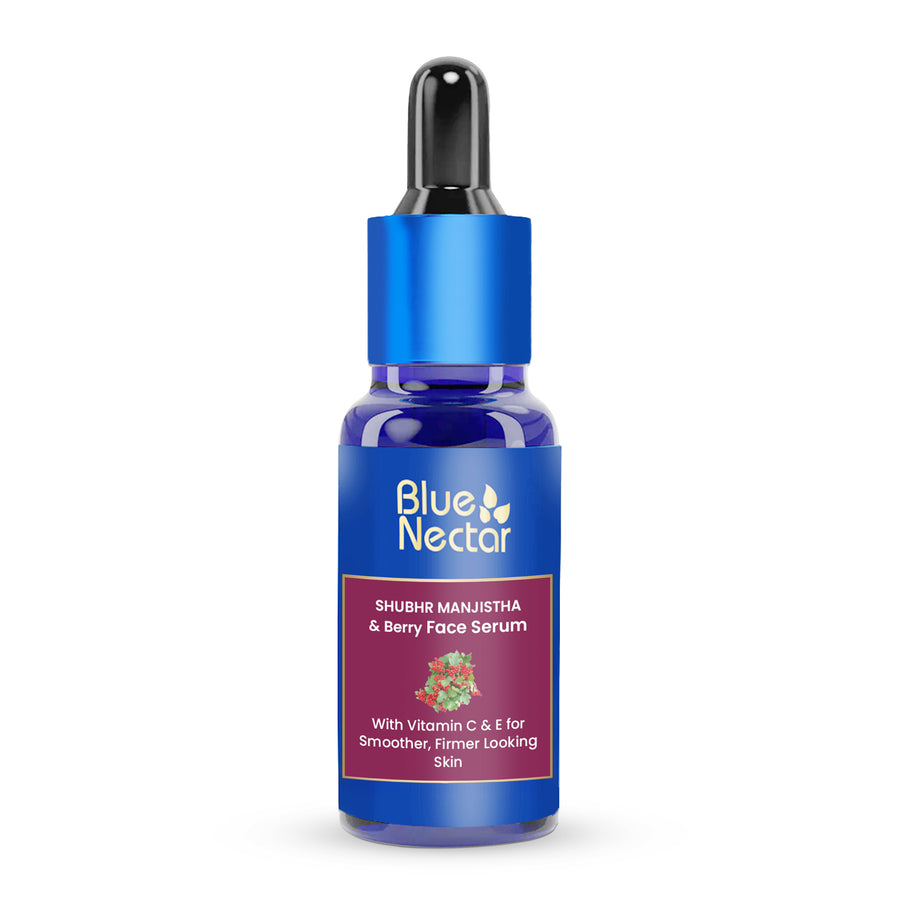
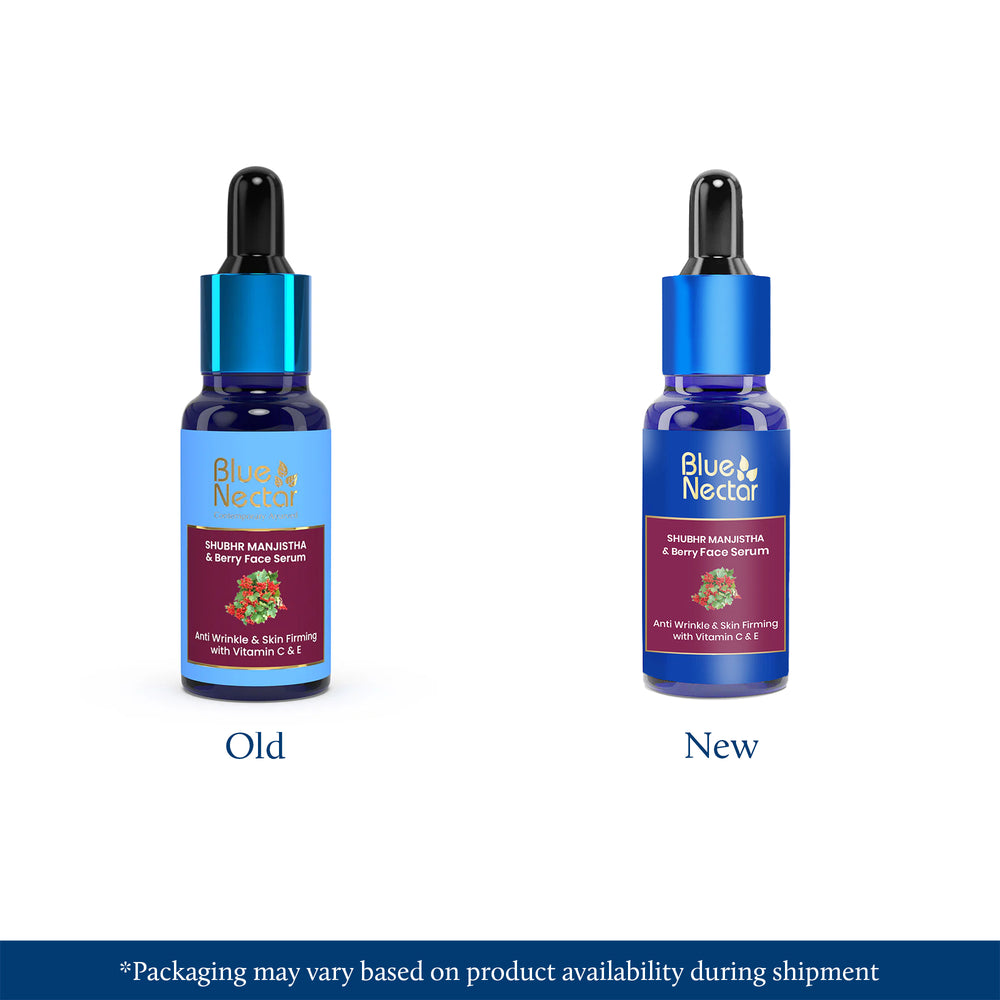


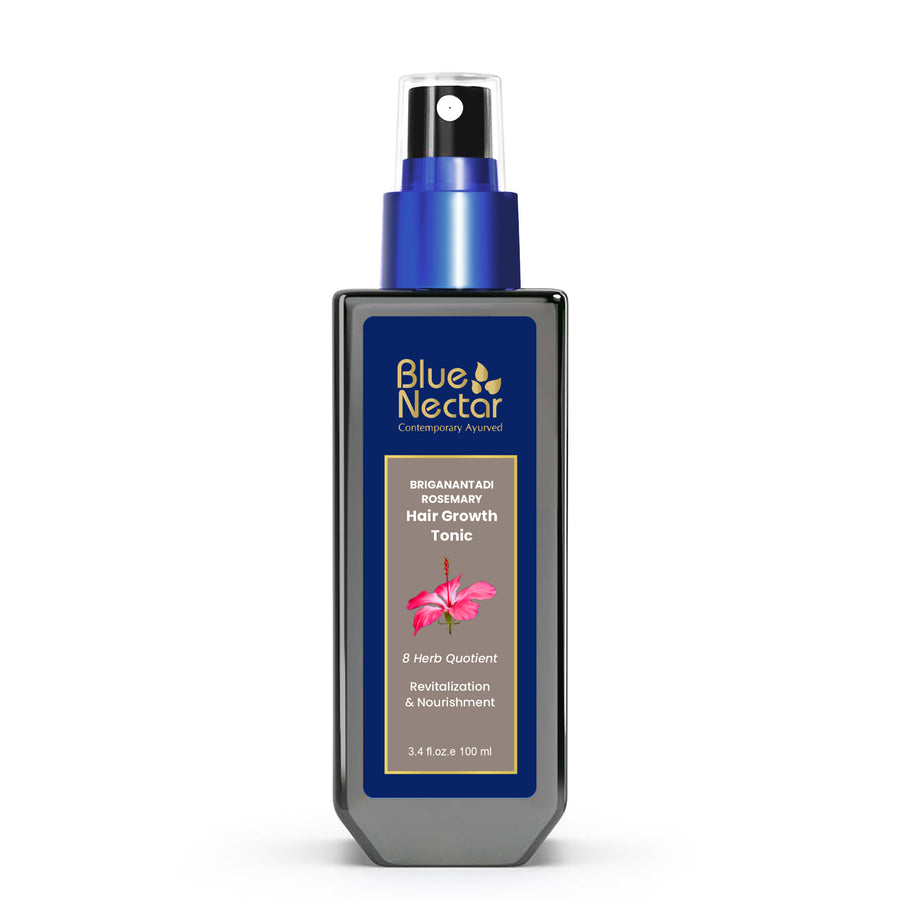
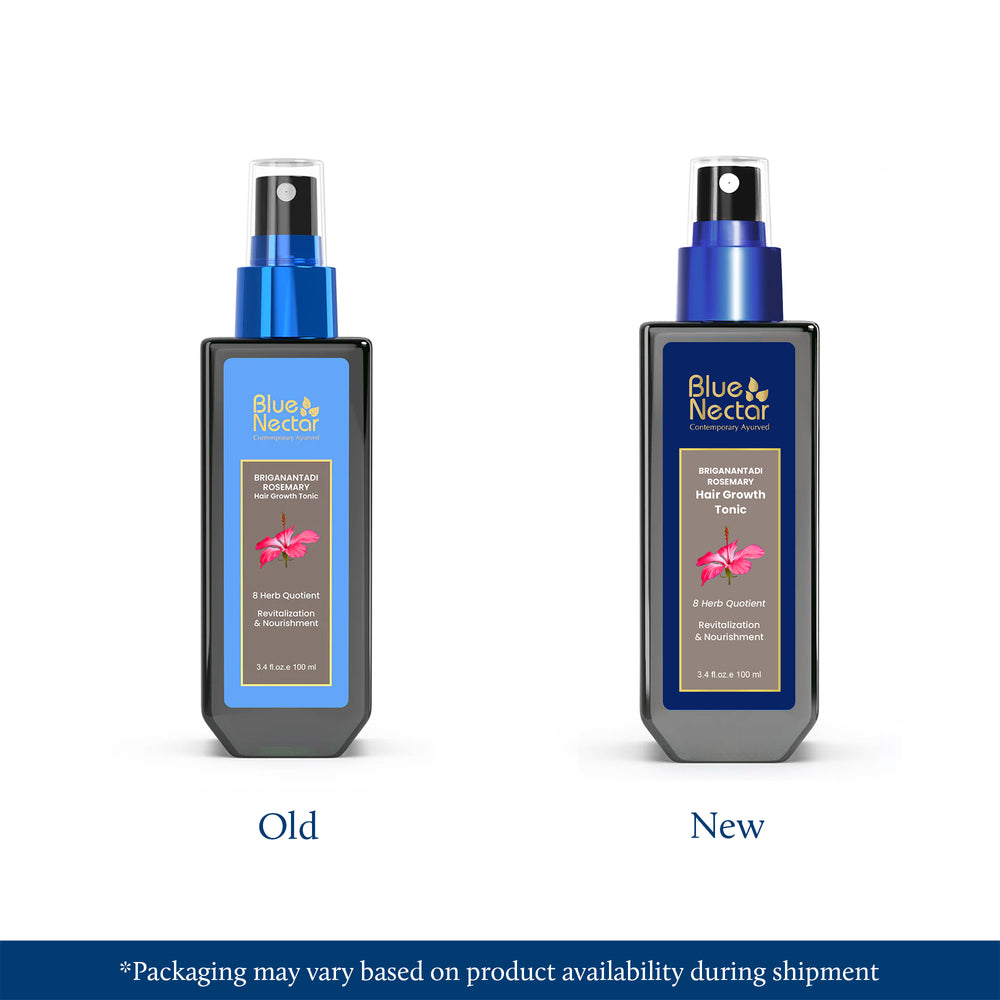
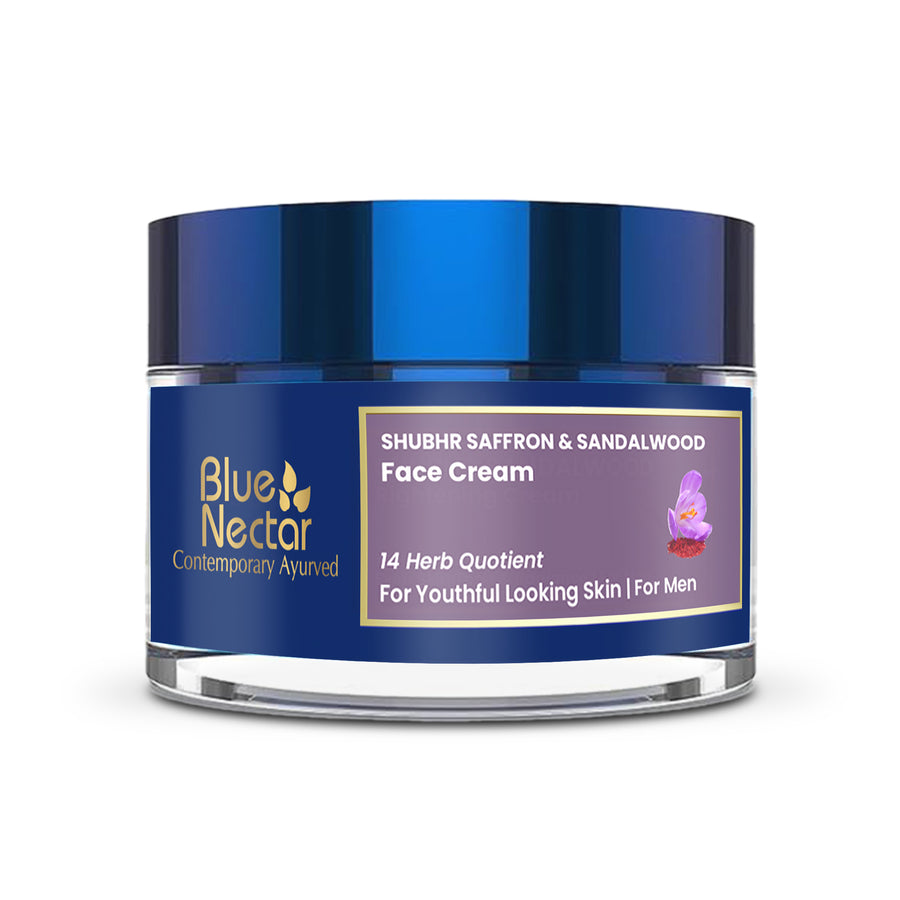
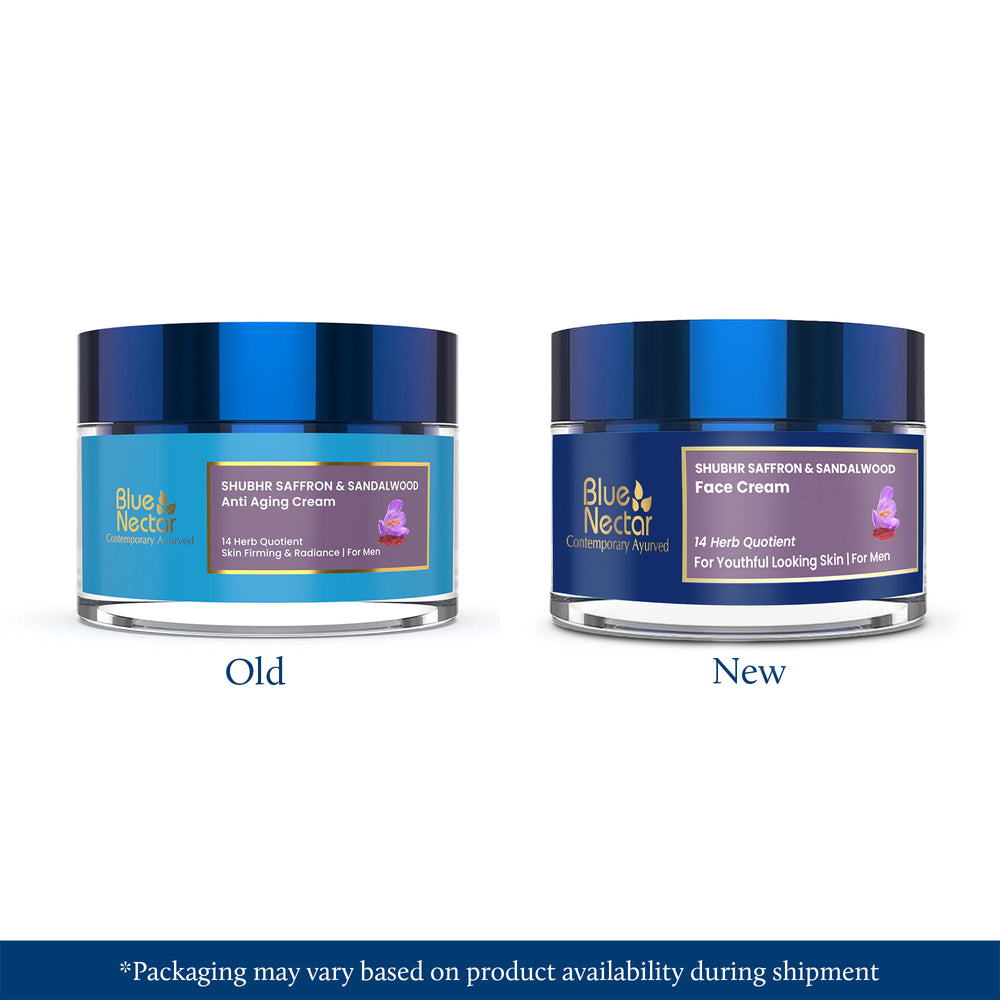
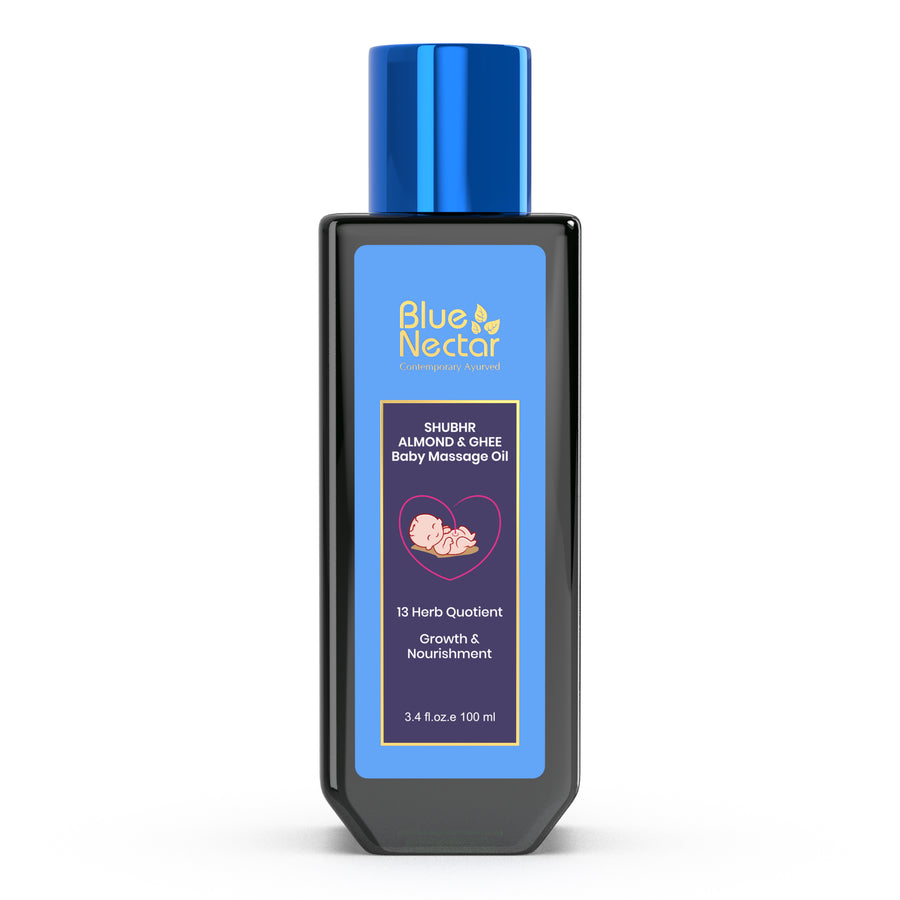



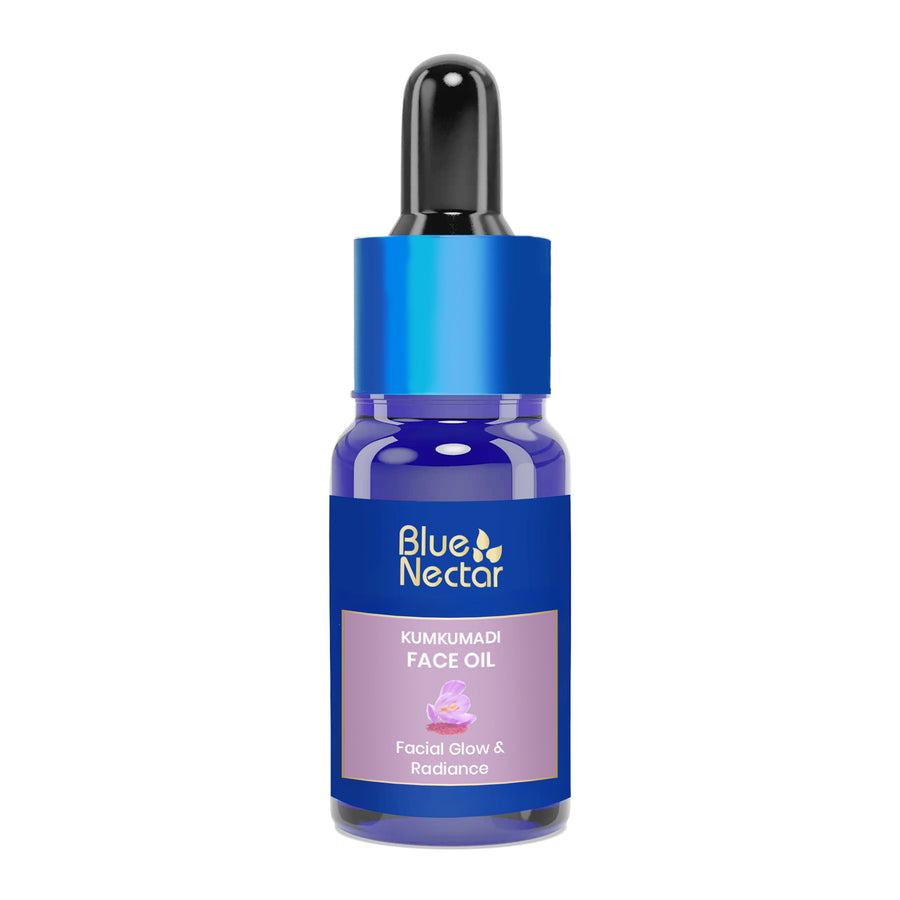
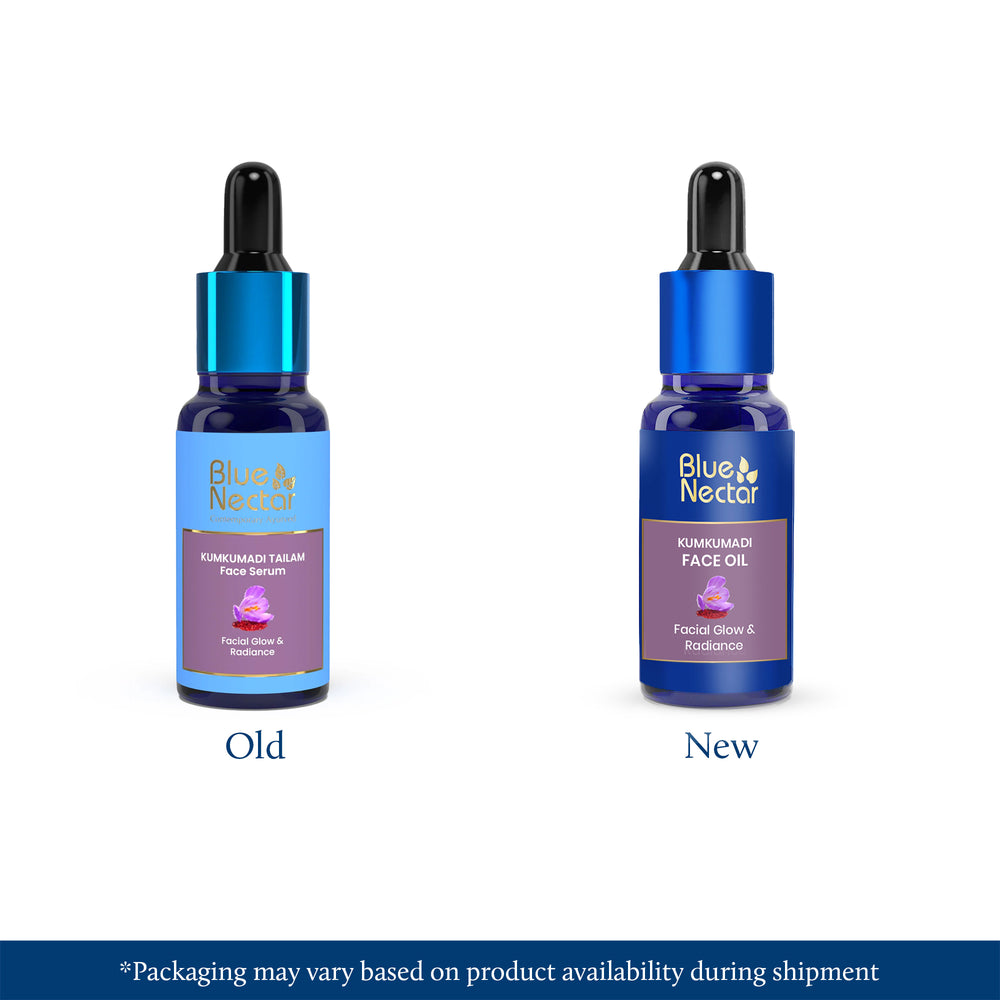
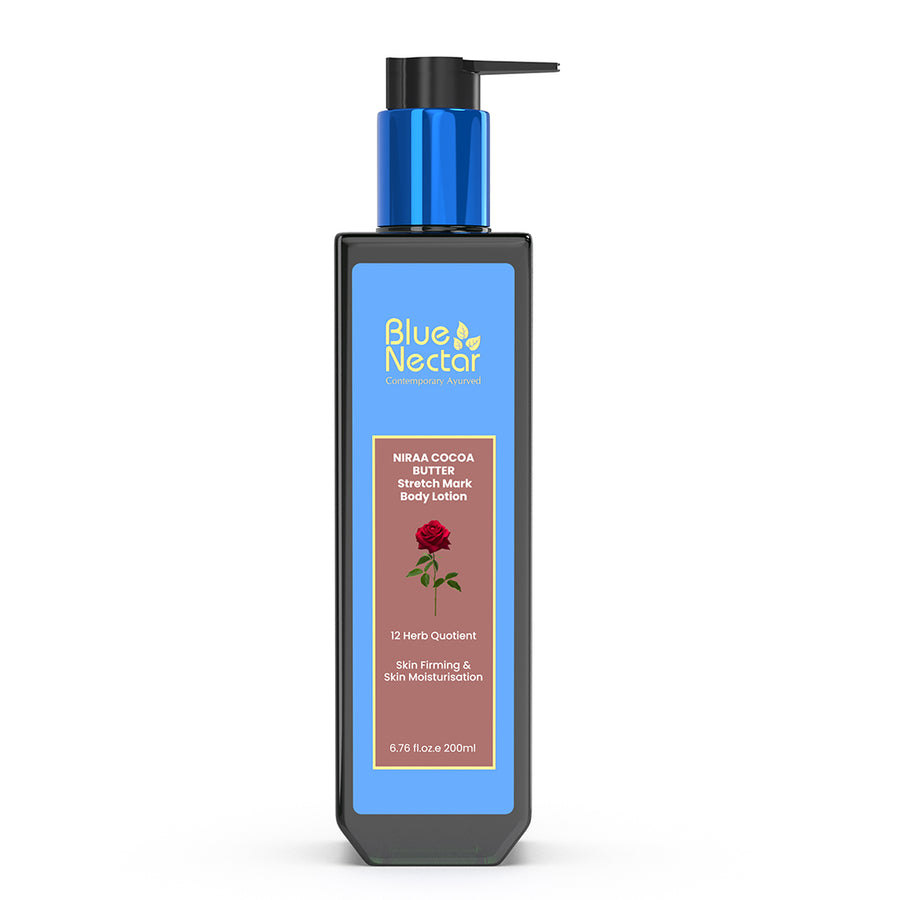

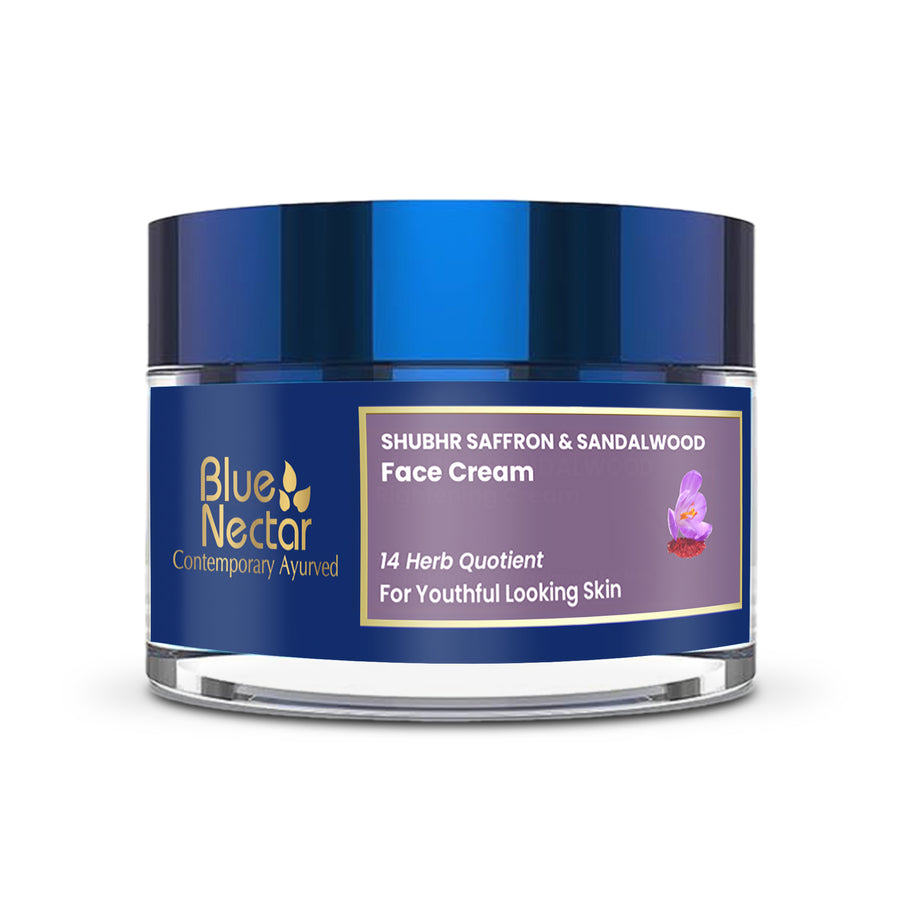
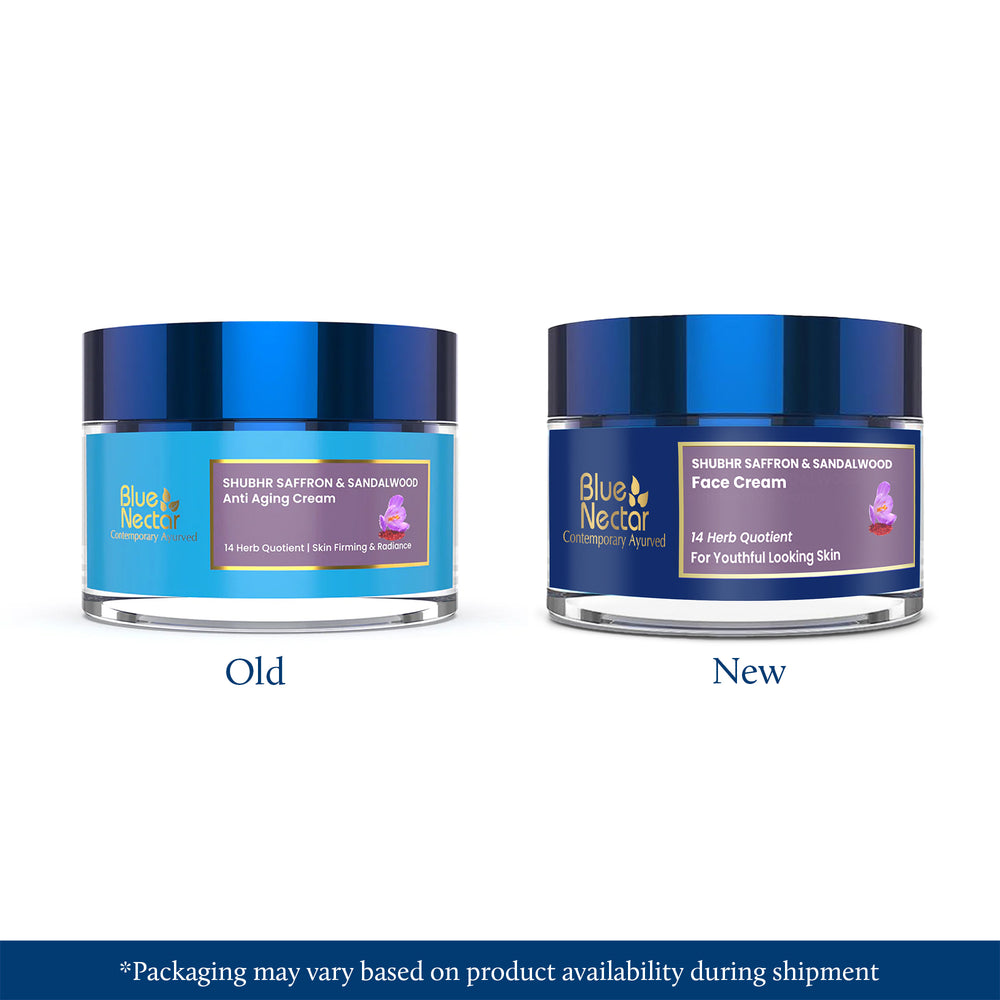
Leave a comment